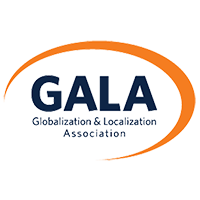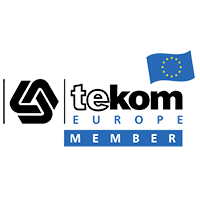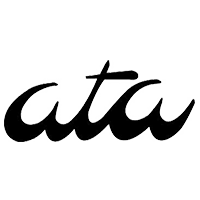Neural Machine Translation and Clinical Research Organizations
An increasing number of clinical research organizations (CROs) have turned to machine learning and neural machine translation (NMT) to save time and money without sacrificing quality.
The very nature of clinical trials makes them a truly global undertaking. Trial sites are located around the world (often in developing countries) and researchers and patients often come from completely different backgrounds, creating language barriers that can seem daunting. Because of this, medical translation services are essential to proper clinical research, and as sponsors and CROs look for efficiency wherever they can find it, clinical trial language management offers a key competitive advantage. Naturally, any reputable CRO will seek out the best language services provider (LSP) possible for their clinical trial translations. A quality LSP will have a translation workflow in place that involves several steps to guarantee quality, but time is of the essence in clinical trials and even a world-class translation process is often slow, costly, and decentralized.
Rise of the machines
To solve this conundrum, CROs are increasingly turning to neural machine translation (NMT) in clinical trial document translations. Together with post-editing and linguistic review, NMT is a game changer that saves substantial time and lowers costs – without jeopardizing the quality of the outcome. Even raw NMT output by itself can be of value in multiple many situations – internal communications and reports can be expensive and time consuming to manually translate, but NMT removes those barriers. In clinical encounters, a physician facing a language barrier (and with no interpreter handy) might turn to NMT for help communicating with a patient.
Doing it our way
At Argos Multilingual, we’ve got processes in place for situations like clinical trials where there’s no margin for error, time is of the essence, and perfection is necessary. In our experience, the key to achieving good results with NMT is training the engine with good content and combining it with post-editing by medical linguistic specialists. Our technology platform can connect via API to any platform used in the CRO industry clinical trial system (like eTMF or CTMS) and enable automatic machine translation to pre-process content, combined terminology, and translation memory analysis. After the machines do their work, linguists specialized in the CRO sponsor’s field of study and relevant therapeutic area post-edit the content. That post-edited content is then fed back into the NMT engine to retrain it for future projects.
What’s next?
Speaking of the future, the sky’s the limit when it comes to potential applications for machine learning in the clinical trial field. The day is fast approaching when it will be used to review clinical diagnoses and restate recommended treatment plans, and physicians might also encourage patients to ask questions or respond to queries by having them input text into a device. In addition, machine learning will unlock the potential of remote clinical trials by video, making it possible to conduct real time interviews with patients anywhere in the world. New software and applications that further automate data processing could soon be part of our reality as well.
Want to know more?
- Clinical Trial Translations
- Neural Machine Translation
- Blog: Why Contract Research Organizations Need Perfect Translations
- Blog: 5 Reasons Why You Need Specialized Healthcare Translations




